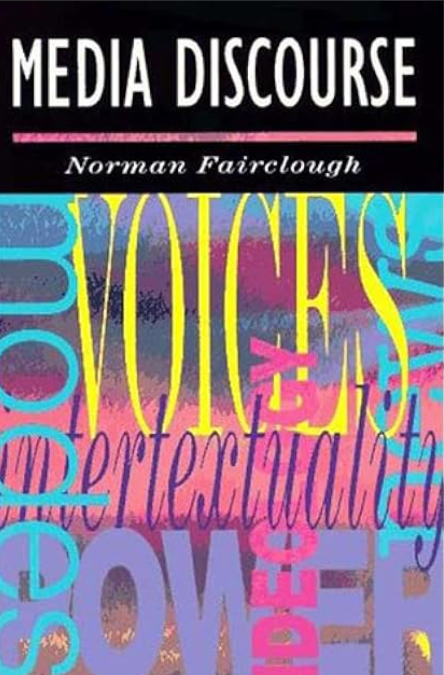

Media discourses are to a large extent controlled by officialdom or the capitalist industry, meaning that they speak for the interests of the groups that own them. Therefore, in the words of Roland Barthes, we can also understand it as a kind of “myth” – how the media present information and construct reality through language style and narrative structure in a specific social and cultural context. Under such circumstances, the examination of Media Discourse is the examination of social ideology, which plays the role of seeing the big picture from the small picture.

McLuhan says that the medium is the extension, and in our time the various media are the extensions of our eyes. We construct our perceptions of the world through messages in the media, such as the colours of images, the choice of language styles, and other symbols, and the concept of Media Discourse emphasises how the media affects viewers’ perceptions, attitudes, and opinions through language and other symbols (a bit of agenda-setting here). Therefore, the study of Media Discourse should involve ideological analyses of media content to understand how they shape social perceptions, values and cultural identities. At the same time, an understanding of media discourse helps to reveal the role that the media plays in society and the impact it has on public opinion, politics and culture.
ReferencesпЉЪ
Durham, M.G. & D. Kellner (2006). Media and Cultural Studies: Key Works. Malden, MA: Blackwell.
“What is media discourse?” SCISPACE. [Online] Available at: https://typeset.io/questions/what-is-media-discourse-2g5mopf2fa
